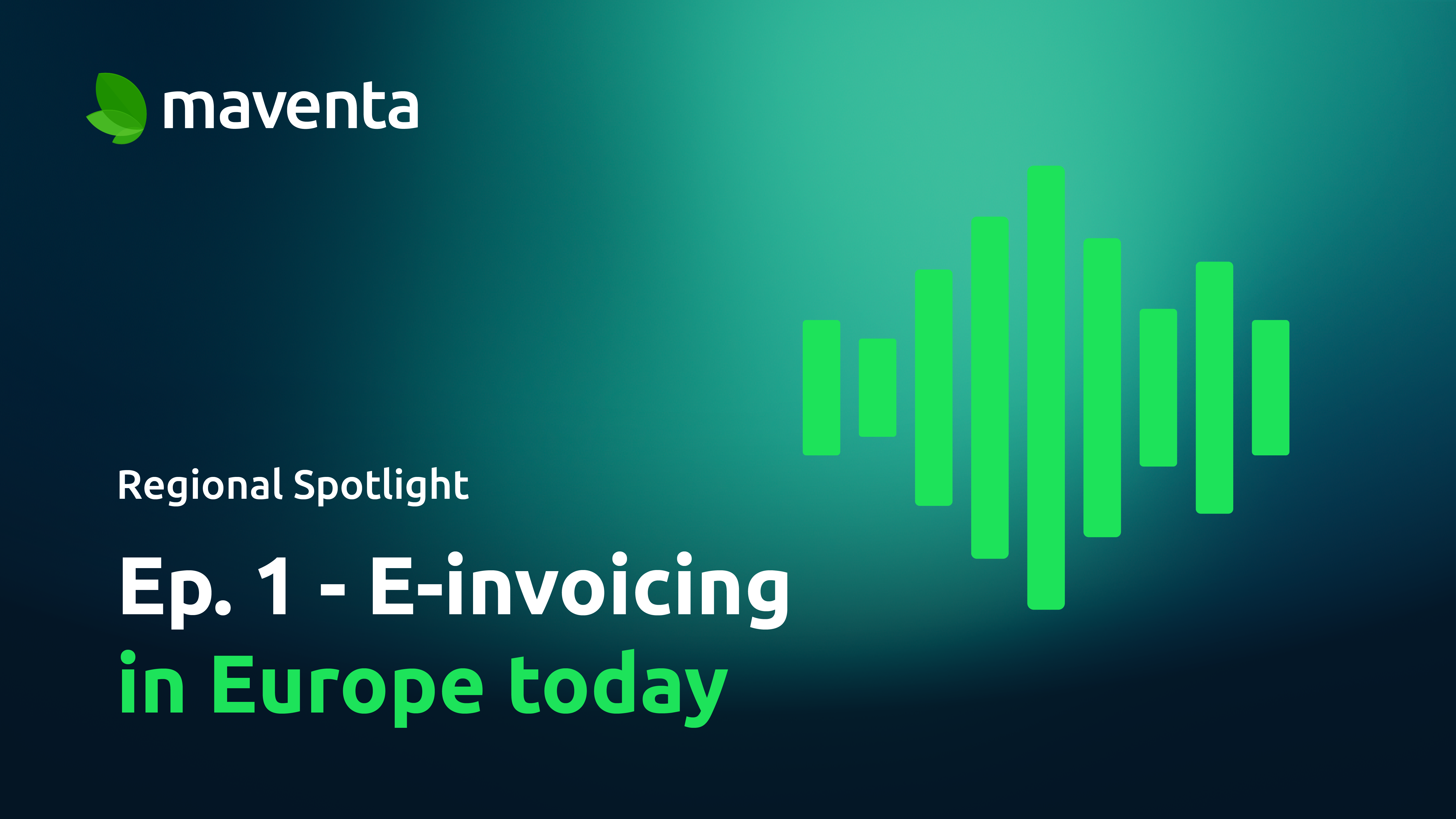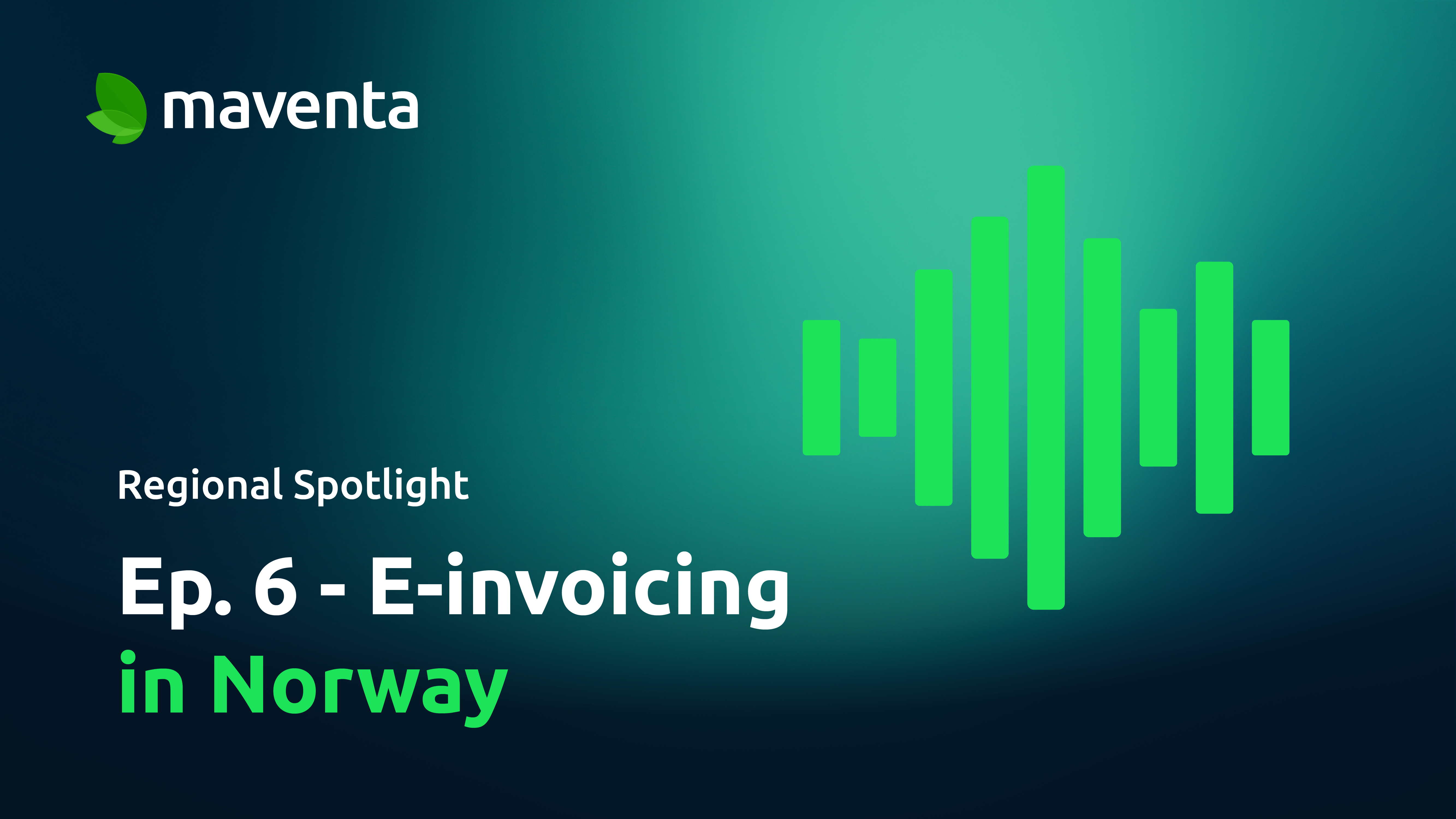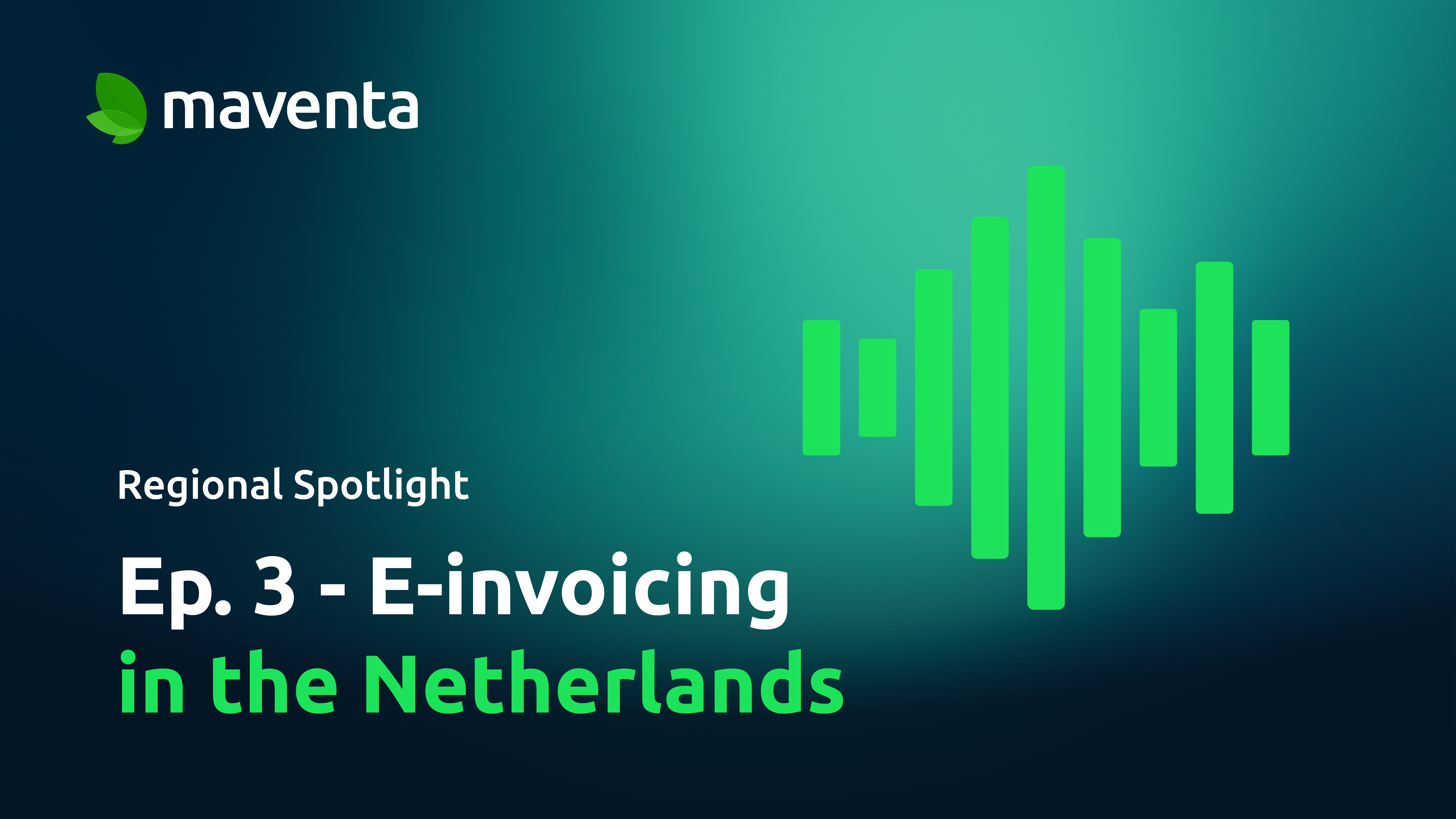Why PDFs are not e-invoices – and how Swedish software vendors can drive the digital change
Sweden has long been a leader in digitalisation, and e-invoicing is no exception. While not entirely new to the market, the situation presents unique opportunities and considerations for software companies looking to expand or solidify their presence. So, what's the lay of the land for e-invoicing in Sweden, and what should your solutions be ready for?
A mix of public mandates and private benefits
E-invoicing is certainly present in Sweden. There are mandates for the public sector to use e-invoicing, and they've even built their own operator network, similar to Finland. Peppol is also widely adopted, and there are existing solutions also for Business-to-Consumer (B2C) transactions.
However, if we look at the overall adoption rates, especially in the Business-to-Business (B2B) sector, there's still a lot of room to grow. Unlike Norway, where the public sector strongly pushed e-invoicing, Sweden's adoption has been more organically driven by the benefits recognised by large private enterprises. This has led to a landscape with a fair bit of customisation in e-invoicing, which offers flexibility but has perhaps created some barriers to entry for Small and Medium-sized Businesses (SMBs), slowing down their adoption.
True electronic invoices bring benefits beyond PDFs
It's a common misconception that PDF equals an e-invoice. It's crucial to educate customers that true e-invoicing is all about structured, high-quality data and the automation it enables. All that PDF via e-mail fail to deliver.
Think about it:
-
Automated processing: E-invoices allow for significantly streamlined invoice processing, leading to better data quality and easier handling within financial software.
-
Enhanced security: Unlike PDFs exchanged via email (which isn't always the safest method), e-invoicing uses secure, structured networks, reducing risks like lost invoices or payment delays. Market studies, particularly among Swedish SMBs, highlight issues like late payments and lost invoices – problems that e-invoicing directly addresses.
-
Sustainability edge: A strong selling point for the environmentally conscious Swedish market is the reduced carbon footprint of e-invoices compared to paper. This aligns perfectly with the sustainability awareness prevalent even among SMBs.
For your clients, these aren't just abstract benefits; they translate to real-world efficiency gains, improved cash flow, and a more secure financial process.
Mandates, formats, and the Peppol push
Currently, e-invoicing is mandatory for public sector suppliers in Sweden. However, there is no B2B mandate yet, although its consideration is ongoing and influenced by the EU's ViDA initiative.
When it comes to formats, Sweden has its own national format, Svefaktura, alongside Peppol e-invoices. Importantly, the newest version of Svefaktura has been aligned with Peppol BIS, showing a clear move towards harmonisation. The Swedish government is actively pushing Peppol adoption, and indeed, Peppol adoption has seen significant growth in Sweden.
What's next? Here are the key takeaways!
Looking beyond B2B, the B2C side of e-invoicing in Sweden is also evolving. While existing solutions via net banks and various applications are common, Sweden is preparing to introduce a "Ja tack till e-faktura" (Yes to All) register, expected in 2025. This will allow consumers to opt-in to receive all their invoices electronically, similar to the model in Norway.
For software vendors operating in Sweden or considering market entry, here are the key takeaways:
-
Peppol in mind: Ensure your software solutions have robust Peppol capabilities due to its increased adoption in Sweden.
-
Support local formats: While Peppol is growing, older Svefaktura versions are still in use in B2B. Ensure compatibility with the latest, aligned Svefaktura version for broader reach.
-
Highlight business benefits: Don't just sell compliance. Emphasise how e-invoicing - that you can offer! - improves data quality, enhances security, boosts automation, and supports sustainability efforts for SMBs – these are compelling benefits your clients will most definitely value.

This blog post is part of our "Regional spotlights" video series tailored for software vendors in Europe. In this series, we'll take a look at the e-invoicing landscape in Belgium, the Netherlands, Germany, Sweden, Finland, and Norway.
Hosts
Taru Kuusisto, Head of Marketing & Sanna Saarikivi, Product Manager
Available on
YouTube | Spotify | Apple Podcasts




